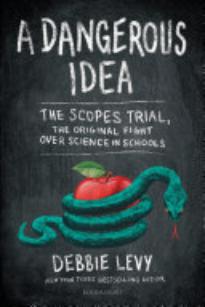2018 School Spending Survey Report

We are currently offering this content for free. Sign up now to activate your personal profile, where you can save articles for future viewing.





